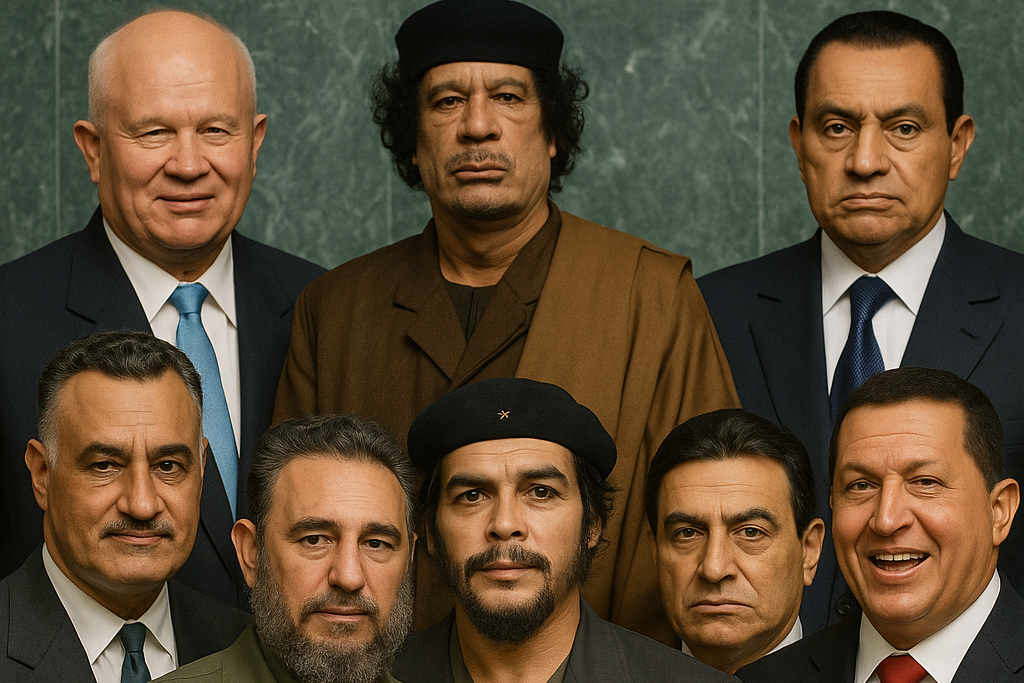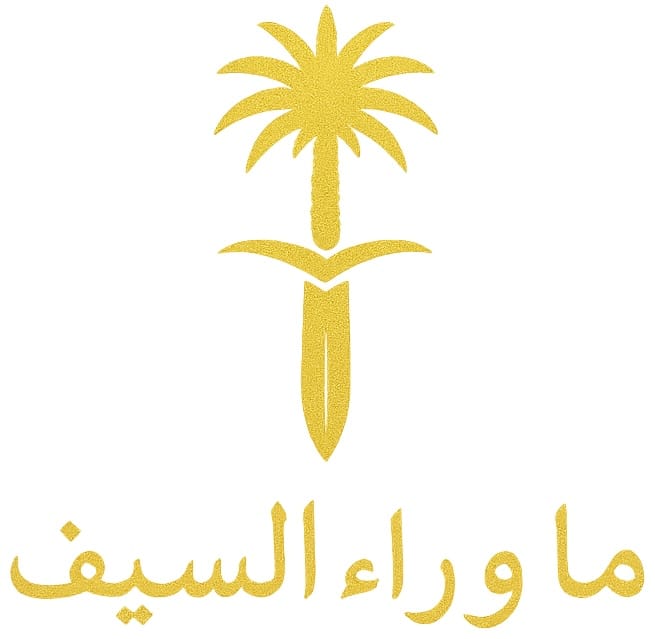White Paper - When the Podium Roared: Iconic UN Speeches and the Strategy of Public Diplomacy

Prepared by: Nora Alzahid
Prepared for: Ministries of Foreign Affairs, Public Diplomacy Units, Multilateral Strategy Teams, UN Engagement Leads
Executive Summary
Public diplomacy today is increasingly shaped by visibility, symbolism, and global narrative control. Nowhere is this more evident than on the stage of the United Nations General Assembly (UNGA), where heads of state have used speeches not just to inform, but to disrupt, inspire, and reshape international discourse.
This policy paper examines a series of legendary UN speeches from Gamal Abdel Nasser to Hugo Chávez and the public diplomacy strategies behind them. Drawing on emotional resonance, ideological clarity, and performative disruption, these leaders used the podium as a tool of sovereign narrative power. Their rhetorical styles offer rich lessons for today’s diplomats navigating a post-colonial, media-saturated world.
Introduction: The UNGA as a Theater of Sovereignty
The UN General Assembly has long served as the moral microphone of the international system. While traditional diplomacy emphasizes consensus and discretion, the UNGA podium provides a globalized space for soft power projection, ideological confrontation, and strategic storytelling.
For many leaders, especially those from the Global South, the UN has not just been a diplomatic forum but a stage for resistance and narrative authority.
Case Studies: When the Podium Became Strategy
1. Gamal Abdel Nasser (Egypt, 1956)
After the Suez Crisis, Nasser framed Egypt’s independence as a pan-Arab moment. His calm tone masked a radical reordering of postcolonial legitimacy.
Diplomacy Strategy: Framed national sovereignty as regional soft power. Appealed to dignity, not revenge.
2. Fidel Castro (Cuba, 1960)
Delivered a 4.5-hour speech indicting U.S. imperialism. He reframed Cuba as a small but morally superior actor.
Diplomacy Strategy: Used length, charisma, and ideological framing to weaponize the narrative of small-state resistance.
3. Che Guevara (Cuba, 1964)
Less fiery than Castro but more surgical. His speech extended Cuba’s revolution into a global anti-imperial call.
Diplomacy Strategy: Positioned revolutionary identity as diplomatic legitimacy. Wove transnational solidarity into state identity.
4. Nikita Khrushchev (USSR, 1960)
Infamously banged his shoe to protest U.S. hypocrisy. His performance marked a Cold War escalation but also drew attention to ideological fault lines.
Diplomacy Strategy: Used spectacle to demand narrative parity with the West. Dominated global headlines without firing a shot.
5. Muammar Gaddafi (Libya, 2009)
Tore up the UN Charter and denounced institutional hypocrisy. His disruption was both mocked and widely circulated.
Diplomacy Strategy: Employed chaos and unpredictability to criticize elite diplomacy. His message reached the global South with resonance.
6. Mohammed Hosni Mubarak (Egypt, various years)
Adopted a composed, statesmanlike tone focused on Palestinian rights and regional diplomacy.
Diplomacy Strategy: Pursued credibility through consistency. Projected Egypt as a stabilizing anchor rather than a disruptive force.
7. Hugo Chávez (Venezuela, 2006)
Called George W. Bush “the devil” and accused the U.S. of hypocrisy. Theatrics aside, he connected emotionally with millions worldwide.
Diplomacy Strategy: Merged metaphor, humor, and provocation. Created a moment that deepened soft power among ideological allies.
Public Diplomacy Insights
Across these examples, a pattern of performative diplomacy emerges. Tone, timing, and symbolism carried as much weight as content. These leaders understood the following:
- Narrative Disruption: Breaking from script is memorable. Gaddafi and Khrushchev used chaos as a diplomatic tool.
- Moral Positioning: Framing the nation as a moral actor in a flawed system creates affinity and legitimacy.
- Emotional Authenticity: Chávez and Castro resonated not because they were polished, but because they were passionate and convicted.
Strategic Implications for Modern Diplomats
The UNGA podium remains one of the most visible and symbolically rich arenas in global diplomacy. Its full power is often underutilized by contemporary leaders. Drawing from historical precedent, modern diplomats should consider the following:
1. Own the Narrative, Not Just the Agenda
UN speeches should not merely present policy updates. They should advance national storylines and core values.
2. Integrate Symbolic Diplomacy
Leaders must recognize that staging, gesture, tone, and rhetorical style are strategic tools in a media-saturated world.
3. Embrace Authenticity
Over-rehearsed language often weakens emotional impact. Let sincerity and conviction guide the message.
4. Engage Media Cycles Deliberately
Powerful speeches live beyond the hall. Plan for media, social cuts, and diplomatic amplification to extend their impact.
Recommendations
For Ministries of Foreign Affairs:
- Establish a UNGA speech strategy unit including speechwriters, media advisors, and soft power analysts.
- Train diplomats in the psychology of influence, narrative framing, and high-stakes speaking.
- Reclaim archival speeches as strategic memory to build a legacy of moral positioning.
For Multilateral Engagement Teams:
- Connect present-day messages with a nation’s historical voice and soft power capital.
- Co-develop communication moments with creative sectors to broaden the reach of UN interventions.
For Emerging Diplomats:
- Study these speeches not as static history, but as powerful case studies of what it means to lead through voice.
- Practice the balance between truth-telling and diplomacy to command credibility in contested arenas.
Conclusion
The UNGA podium is not just a place for statements. It is a space for shaping international memory, challenging hegemonic narratives, and affirming identity. The leaders examined in this paper did not play it safe. They played for history.
Their words continue to echo across generations because they did not simply deliver policy, they delivered purpose. Today’s public diplomats should carry forward that legacy with equal courage and clarity.
Public diplomacy is not just about messaging. It is about meaning.
